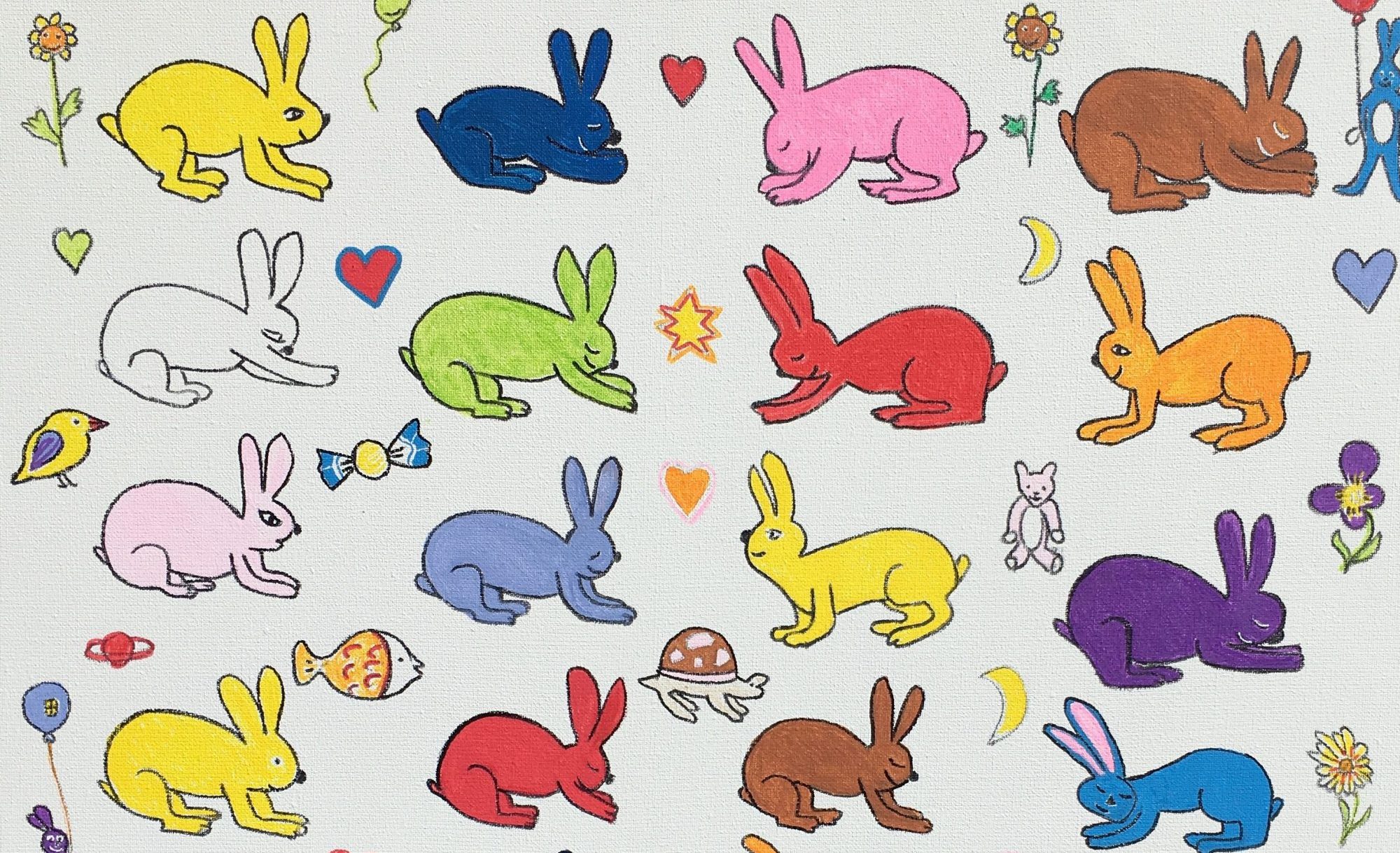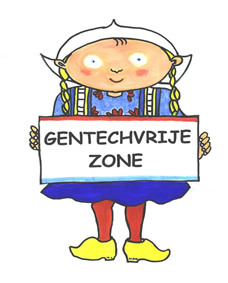Future in our hands & Rainforest Foundation Norway Report — 2018
Publishers: Rainforest Foundation Norway/Regnskogfondet and Future in Our Hands /Framtiden i våre hender. Research in collaboration with Reporter Brasil. Date: Oslo, Norway, October 2018.
Quote: “This report focuses on the soy production chain of three trading companies – Caramuru, Selecta and Imcopa – that play a key role in supplying fish feed to Norway’s salmon industry.
The Norwegian salmon industry is highly dependent on soy cultivation in Brazil: The annual import of Soy Protein Concentrate (SPC) by Norwegian aquaculture was 282,448 tons in 2017.3
This study reveals instances where soy suppliers of these three companies have been found to practise illegal deforestation and use slave labour. It also presents evidence of land conflicts, irregularities in pesticide use and the advance of soy cultivation over indigenous lands. All these problems are directly or indirectly related to the soy business network that links Brazil to the Norwegian market.”
“In Norway, food and feed manufacturers are required to use soy that has not been genetically modified, non-GM soy. This entails strict control of the soy and imposes limitations on where it may be grown, which must be non-GM areas. “
“Non-GM soy- Most of the soy planted today in Brazil is transgenic. However, Norwegian food and animal feed manufacturers must use soy that has not been genetically modified. Therefore, Repórter Brasil asked the companies whether farmers covered by the research had provided them with non-GM soy at some point.
Caramuru – the only company that responded – replied that the purchasing processes for that type of product could not be disclosed, as this was confidential information related to a highly competitive market.“

